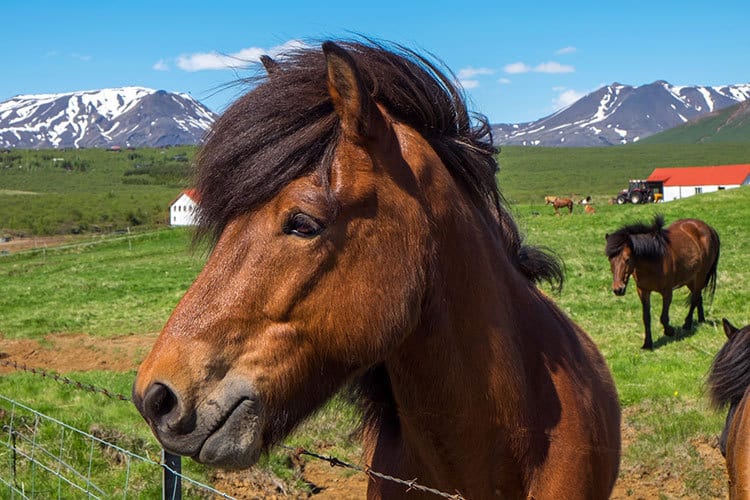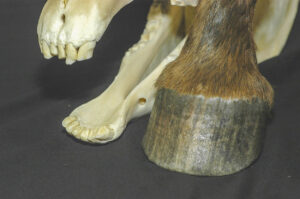Bacteria Behind Mystery Epidemic in Iceland’s Horses

Researchers from the Animal Health Trust (AHT), in partnership with British and Icelandic research and veterinary institutions, have identified the cause of an epidemic of respiratory disease which infected not only Iceland’s native horse population, but also dogs, cats, and humans.
The respiratory disease epidemic in early 2010 was characterized by coughing and nasal discharge. The disease spread through the population of 77,000 Icelandic horses within weeks, leading to a self-imposed ban on their export and significant economic cost to the country. Initially, due to the speed at which the disease had spread, a viral cause was suspected. Investigations by researchers at the University of Iceland showed that only Streptococcus zooepidemicus, was consistently recovered from coughing horses and rare fatal cases of infection. However, this bacterium was also often found in healthy horses.
Scientists from the AHT and the Wellcome Trust Sanger Institute, in Cambridge, England, were brought in to investigate
Create a free account with TheHorse.com to view this content.
TheHorse.com is home to thousands of free articles about horse health care. In order to access some of our exclusive free content, you must be signed into TheHorse.com.
Start your free account today!
Already have an account?
and continue reading.
Related Articles
Stay on top of the most recent Horse Health news with

















